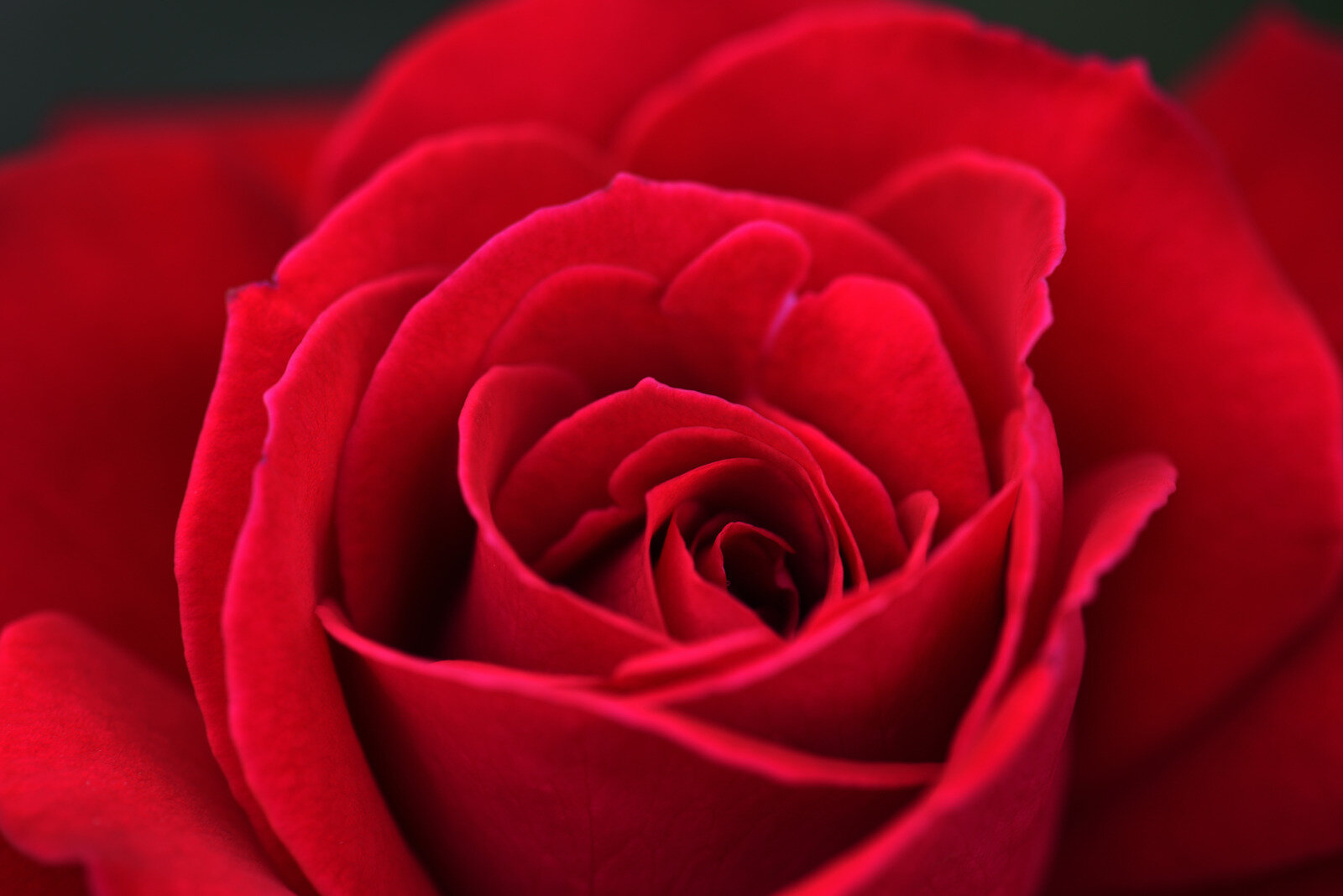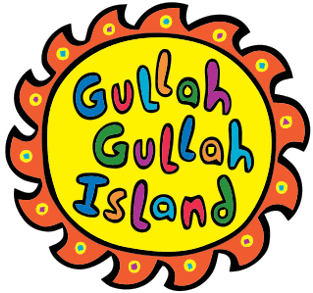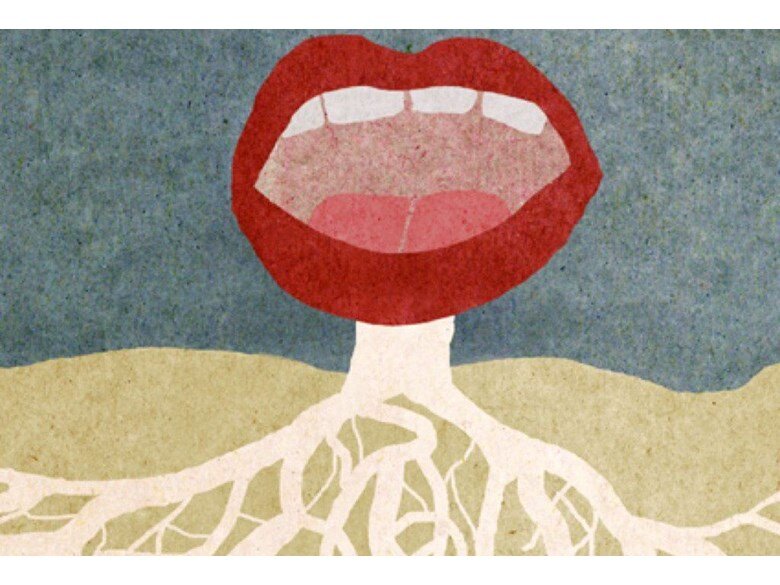
Language 4R and Mix-Placed Roots of Selfhood: Conclusion
Everyone grapples with questions of belonging at some point in life. But for me and perhaps other African Americans, these questions are like concrete. They pave manicured and gentrified roads. They make up the walls of overcrowded prisons. They symbolize progress while simultaneously shrouding it with doubt. And to make matters worse, or at least more complex, I struggle to call the very language I use to answer these questions my own, adding yet another layer of uncertainty. I still do not know if African Americans have a true mother tongue. The issue remains unresolved. But I do know that African Americans have roots in both African and American soils and that there is a remnant estrangement from both by distance and pain respectively.

Language Reclamation: Gullah Language and Creolization with African Roots
When I was a child, I used to love watching reruns of a show called Gullah Gullah Island. It was about a family who lived on an island off the coast of South Carolina with a giant yellow tadpole named Binyah Binyah Poliiwog. And though five-year-old me was probably most intrigued by the giant yellow tadpole, I also marveled at seeing people who were African American like me speak another language. Alongside presenting lessons on friendship like other children’s television shows, Gullah Gullah Island was also centered around teaching the Gullah language and demonstrating the intentional maintenance of African traditions on the island.

Language 4R and the Placement of Roots: Introduction
One’s mother tongue is one’s language of intimacy. Perhaps it carries tender childhood lullabies. Perhaps it paints one’s dreams. Perhaps it swells with anger. Perhaps it wrings out one’s grief. A mother tongue shapes one’s perceptions of the world and of oneself. For better or for worse, it provides a means of communication and a sense of place.But what if each word of your mother tongue reminded you of the violence your ancestral mothers endured? How much of that violence would seep into the way you see the world and yourself? Can a language that holds such a legacy of violation ever be your language of intimacy?
